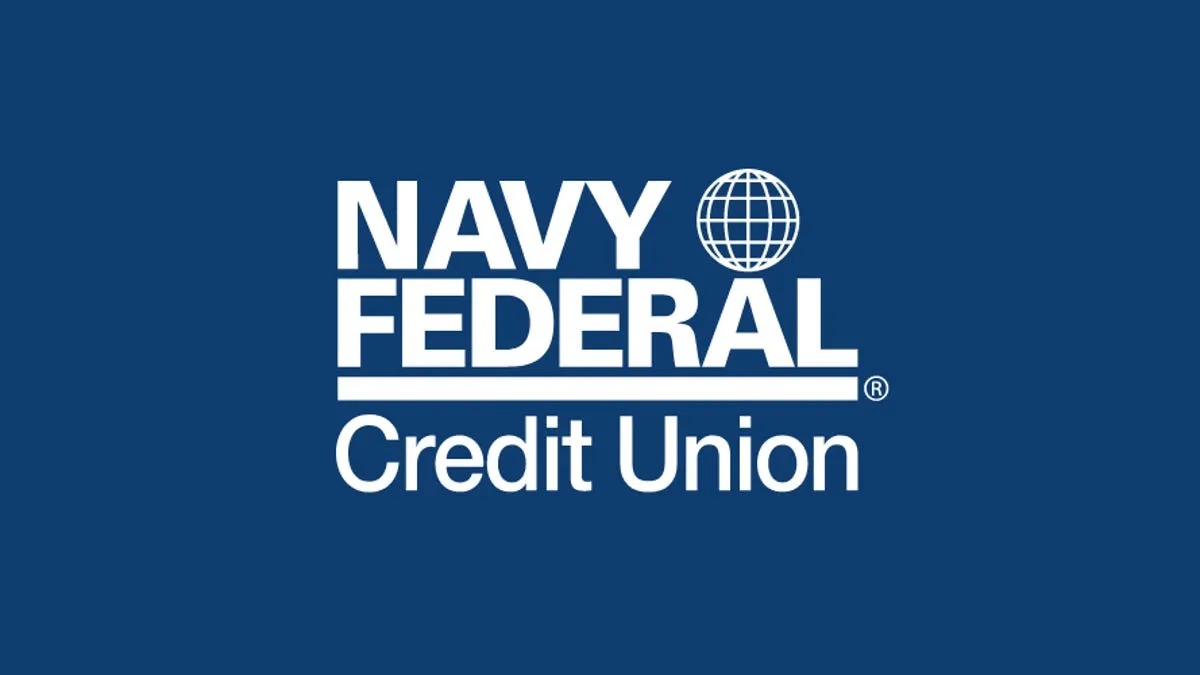

Finance
Proxy Directive Definition
Published: January 13, 2024
Looking for a clear explanation of proxy directives in finance? Our comprehensive definition will guide you through the concept and its importance in the world of finance.
(Many of the links in this article redirect to a specific reviewed product. Your purchase of these products through affiliate links helps to generate commission for LiveWell, at no extra cost. Learn more)
Understanding Proxy Directive Definition in Finance
Finance is a vast and complex field that encompasses various terms and concepts. One such concept is the proxy directive definition. If you’ve stumbled upon this page, you’re likely curious about what a proxy directive is and how it relates to finance. Don’t worry; we’ve got you covered! In this blog post, we’ll explain the proxy directive definition and shed some light on its significance in the financial world.
Key Takeaways:
- A proxy directive refers to a written statement given by a shareholder to authorize someone else to vote on their behalf during corporate meetings.
- Proxy directives are commonly used in cases where shareholders are unable or unwilling to attend meetings but still want their voices to be heard.
What is a Proxy Directive in Finance?
When a company holds a meeting, such as an annual general meeting (AGM), shareholders are typically encouraged to attend and participate in the decision-making process. However, there are instances where shareholders may not be able to attend these meetings due to various reasons, including time constraints, geographical limitations, or personal circumstances.
In such cases, a proxy directive comes into play. A proxy directive is a written statement given by a shareholder to authorize another individual, known as a proxy, to vote on their behalf during the meeting. This proxy could be another shareholder, a company officer, or someone appointed by the shareholder themselves.
Proxy directives help ensure that all shareholders have a say in important decisions, even if they cannot physically be present at the meeting. By designating a proxy, shareholders can still exercise their voting rights and make their opinions count.
Why are Proxy Directives Significant?
Proxy directives play a crucial role in upholding shareholder democracy within corporations. Here’s why they are significant:
- Representation: Proxy directives allow shareholders to have their voices heard and represented, regardless of their physical presence at meetings.
- Convenience: They provide convenience for shareholders who are unable to attend meetings due to various constraints, ensuring their voting rights aren’t compromised.
- Efficiency: By minimizing the need for physical attendance, proxy directives streamline decision-making processes, making them more efficient.
- Transparency: Proxy directives contribute to greater transparency in corporate governance, as the votes cast by proxies are documented and recorded.
- Accountability: Proxy directives hold proxies accountable for voting in the best interests of shareholders and safeguarding their rights.
In summary, proxy directives are an essential part of the finance world, ensuring that shareholders can participate in decision-making processes even if they cannot attend meetings. They provide convenience, representation, and accountability, contributing to a more efficient and transparent corporate governance structure.
Next time you come across the term “proxy directive” in the finance realm, you’ll know what it means and appreciate its significance. Stay tuned for more informative blog posts in the finance category!














